An orbital stability-driven approach for the refinement of multi-planet systems’ architectures
- Astronomy department, University of Geneva, Versoix, Switzerland (manu.stalport@unige.ch)
The formation and evolution of planetary systems has been, and remains, one of the big questions of Science. With more than 800 multi-planet systems discovered so far, as many outcomes of these formation and evolution processes are in reach of characterization. These represent precious pieces of the big puzzle. In order to obtain the most from these constraints, a precise knowledge of each system's architecture is crucial: it is key to identify the leading processes in shaping those systems, and hence relate their present state to their formation stage.
In this presentation, I will introduce a technique aiming at refining the planetary orbital parameters and masses (Stalport et al. 2022). This technique uses orbital stability arguments on top of a bayesian approach for the parameters' estimation. The estimation of orbital stability is based on short N-body numerical integrations together with the Numerical Analysis of Fundamental Frequencies (NAFF) fast chaos indicator (Laskar 1990), for which we propose a calibration strategy to scale chaos. The stability information is finally included a posteriori in the planetary parameters' posterior through importance sampling, after which new distributions of stable-only solutions are built.
This stability-driven refinement technique can be applied on any type of multi-planet systems, and notably in the context of planets in binaries. Besides the advantage of reducing the uncertainties on the dynamical parameters (orbital elements and planetary masses), such an approach can also provide additional insights into the dynamical states of the studied systems. I will present the revision of a few multi-planet systems in light of our approach, and particularly, I will describe a comprehensive dynamical analysis of the Kepler-444 planetary system (Stalport et al. submitted to A&A).
Approaches such as the one presented here are timely. They represent a way of getting the best constraints on planetary systems' architectures within limited observational datasets. I will stress for the importance of carrying a systematic revision of multi-planet systems under the loop of orbital stability.
How to cite: Stalport, M., Delisle, J.-B., Udry, S., Matthews, E., Bourrier, V., and Leleu, A.: An orbital stability-driven approach for the refinement of multi-planet systems’ architectures, Europlanet Science Congress 2022, Granada, Spain, 18–23 Sep 2022, EPSC2022-720, https://doi.org/10.5194/epsc2022-720, 2022.

